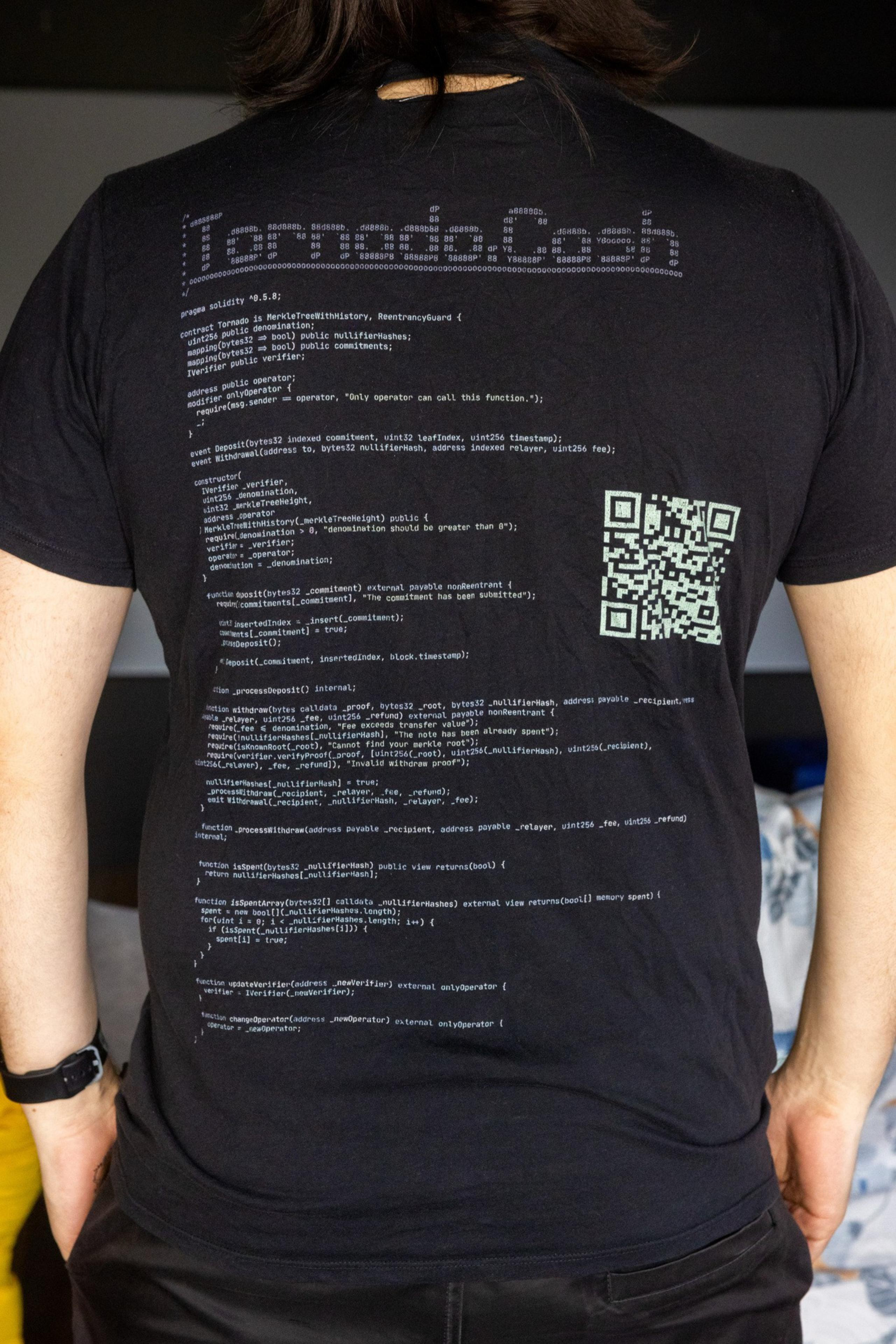About an hour into my meeting with Rene Turcios, the undisputed hackathon king of San Francisco asked if I wanted to smoke a joint with him.
I politely declined, but his offer hardly surprised me. Turcios has built a reputation as a cannabis-loving former professional Yu-Gi-Oh! player who resells Labubus out of his Tenderloin apartment when he’s not busy attending nearly every hackathon in the city.
Since 2023, Turcios, 29, has attended more than 200 events, where he’s won cash, software credits, and clout. “I’m always hustling,” he said.
The craziest part: He doesn’t know how to code.
“Rene is the original vibe-coder,” said RJ Moscardon, a friend and fellow hacker who watched Turcios win second place at his first-ever hackathon at the AGI House mansion in Hillsborough. “All the engineers with prestigious degrees scoffed at him at first. But now they’re all doing exactly the same thing.”
“Vibe-coding” was coined (opens in new tab) by AI researcher Andrej Karpathy this year to describe the process of using AI to translate natural language prompts into functional code. The practice has become widespread as startups vibe-code products (opens in new tab) and Big Tech companies demand employees use coding assistants like Cursor and Claude.
Turcios was vibe-coding long before the technique had a name — and was looked down upon by longtime hackers for using AI. But as Tiger Woods once said, “Winning takes care of everything.”

Collin Lowenburg, an engineer and hackathon organizer, remembers when Turcios burst onto the circuit. Cutting a far different shape from the clean-cut, polo-wearing Stanford students, he had a booming voice, outgoing demeanor, and emo-kid, cyber-punk street style. Instead of vigorously coding until the deadline, he finished his projects hours early by getting AI to do the technical work for him.
“I didn’t write a single line of code,” Turcios said of his first hackathon, at which he prompted ChatGPT using plain English to generate a program that can convert any song into a lo-fi version. When the organizers announced that Turcios had won second place, he screamed in celebration.
“Not a single person there knew who the fuck I was, but it was my turning point,” he said. “I realized that I could compete with people who have degrees and fancy jobs.”
Turcios’ upbringing mirrors his unconventional career. He grew up in Missouri, and his parents worked in an international circus, taming bears and lions. Instead of going to college, Turcios adhered to his family’s roving roots and became a professional Yu-Gi-Oh! player.
“It was a very weird, weird lifestyle,” said Turcios, who roadtripped and couchsurfed across the country to play the Japanese trading-card game. “I would go to special high-tier events just so I could play against the best players.” Turcios got so good that other conference attendees paid him hundreds of dollars to sign their cards.
But two years in, Turcios grew bored of the game and his nomadic existence, so he followed his girlfriend to San Francisco in 2019. He worked odd jobs and eventually started a metaverse infrastructure company just as ChatGPT was released to the public in 2022. Much to Turcios’ disappointment, the engineers he worked with had no interest in experimenting with AI.

“My head engineer said, ‘If you ask me to use AI one more time, I’m gonna quit,’” Turcios said. So he promptly folded the company and began attending hackathons to figure out how to use AI himself.
“I was so pissed,” Turcios said, “Chips on shoulders put chips in your pocket — that’s a real, real phrase.” Winning a prize at his first hackathon reawakened Turcios’ competitive streak from his pro Yu-Gi-Oh! days.
“I remembered that the more you win, the more likely you’re going to become the best player,” Turcios said. While playing Yu-Gi-Oh!, he had become an expert at determining the most efficient tactics — or meta — to win a game. He vowed to do the same with Bay Area hackathons and began attending several a week.
“He’s been to every hackathon,” said Lowenburg, who got used to seeing Turcios regularly at AGI House, Founders Inc., Frontier Tower, and other hackathon venues in San Francisco. “He started winning, and he just kept hacking his way to the top.”
Turcios is now known for being able to build anything quickly. Businesses reach out to him to contract out projects that would take software engineering teams weeks — and he delivers in hours. He’s even started running workshops to teach non-technical groups and experienced software engineers how to get the most out of AI for coding.

“Anyone can build anything they want,” Turcios said when we met at Zo House, a crypto coworking club in SoMa adorned with portraits of Bored Ape NFTs on the walls. Turcios has recently scaled back his prolific hackathon schedule to focus on building his own AI agents startup. This time, he hasn’t hired any engineers. He’s a solo founder, and AI is doing all of the coding.
I asked Turcios to show me his AI coding tools in action. He opened Replit, a platform that allows code to be written, run, and tested in a browser and asked what I wanted the AI to build.
Given that we’d been chatting about the hundreds of Labubus stacked in his apartment — and the one attached to his Lululemon fanny pack that was sporting a Prada bucket hat — I asked him to build a resale site for the dolls.
Fifteen minutes later, it was ready.
